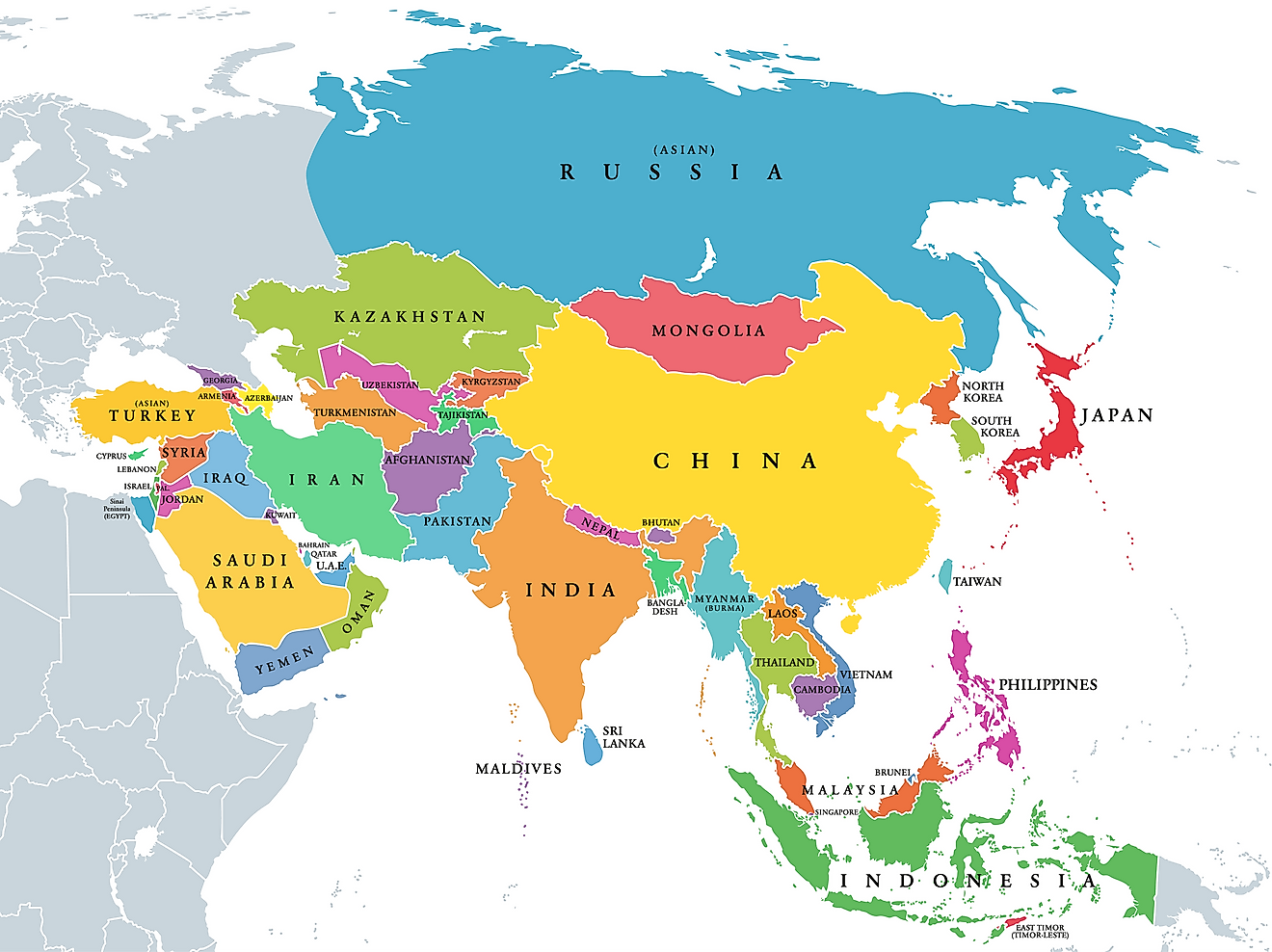The Most Expensive Summer Olympic Games In History

Cities that host the Olympic Games get funds from various sources including public funds from the government and local authorities, domestic and international sponsors from the private sector who use the platform to market their products and the International Olympic Committee. The funds are spent to facilitate the Games such as building and renovating venues, building and improving transport infrastructure, establishing an Olympic village for the athletes, security costs and insurance. Funds are also used to hold ceremonies during the games and to market the Games. The most expensive Summer Olympics in history are:
The Most Expensive Summer Olympic Games In History
2008 Summer Olympics
With a total cost of $40 billion, the 2008 Summer Olympics held in Beijing, China was the most expensive Summer Olympics. China embarked on massive projects to facilitate the games ranging from airport terminals, venues, subways, roads, highways, and tidying up the city. China was able to escape the debt trap other cities find themselves after the Olympics. The debt was avoided because most of the infrastructure was to be used even after the games. Tourism especially boomed in Beijing after it hosted the Olympics. The Games accelerated Beijing’s development into a world class city. These improvements were not without negative effects as people were displaced and pollution increased.
2012 Summer Olympics
The 2012 Summer Olympics was hosted by London, UK, at the cost of $17 billion. These funds were used in the construction of facilities and infrastructure. The highlight of the preparations was the Olympic Stadium built at a staggering cost of $767 million. The London Games were considered successful, and 25 of the venues were not permanent structures which were demolished after the games. The Olympic village was turned into housing, and the city of London has continued to benefit from improved infrastructure such as a light rail system.
2004 Summer Olympics
The 2004 Summer Olympics was held in Athens, Greece and the cost was $15 billion. Athens embarked on improving its infrastructure for the games by expanding its airport, improving roads, building venues and expanding the metro system. The games were spectacular and were largely successful. However, poor planning and unchecked public spending in the days leading to the games was one of the triggers of Greece spiraling into debt. Some venues used in the Games are now run-down as there is little use for the facilities currently.
1992 Summer Olympics
Barcelona, Spain, hosted the 1992 Summer Olympics at a cost of $9.4 billion. They were considered the first successful modern Olympics as there were no boycotts. Notably, Barcelona abolished industrial buildings near the beach and built a waterfront stretching 2 miles and a marina. This waterfront is still a major local and international tourist attraction today. Roads and sewage systems were built, and major improvement of other transport networks was carried out. Barcelona experienced a dramatic drop in unemployment in preparations for the Games, a situation which is still felt to date. The sports facilities have helped Spain train talent in sports that were not appreciated before the games.
Effective Planning Is The Key To Success
Other expensive Summer Olympics include: 1998 in Seoul, South Korea ($4 billion), 2000 in Sydney, Australia ($3.8 billion), 1980 in Moscow, Russia which was then part of the Soviet Union ($2 billion), 1996 in Atlanta, US ($1.8 billion ) 1976 in Montreal, Canada ($1.2 billion ) and 1984 Los Angeles, US ($546 million). The funds spent does not always determine the success of the Olympic Games. Some cities that hosted expensive Olympics are thriving whereas others were in huge debt after the games. Effective planning seems to be the key ingredient to hosting successful Summer Olympics Games.
The Most Expensive Summer Olympic Games In History
| Rank | Summer Olympic Games Date | Country | Expenses (in Billion USD) |
|---|---|---|---|
| 1 | 2008 | Beijing, China | 40.00 |
| 2 | 2012 | London, UK | 17.00 |
| 3 | 2004 | Athens, Greece | 15.00 |
| 4 | 1992 | Barcelona, Spain | 9.40 |
| 5 | 1998 | Seoul, South Korea | 4.00 |
| 6 | 2000 | Sydney, Australia | 3.80 |
| 7 | 1980 | Moscow, Russia (then Soviet Union) | 2.00 |
| 8 | 1996 | Atlanta, US | 1.80 |
| 9 | 1976 | Montreal, Canada | 1.20 |
| 10 | 1984 | Los Angeles, US | 0.55 |











